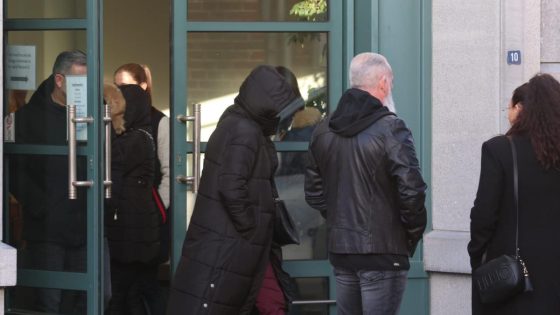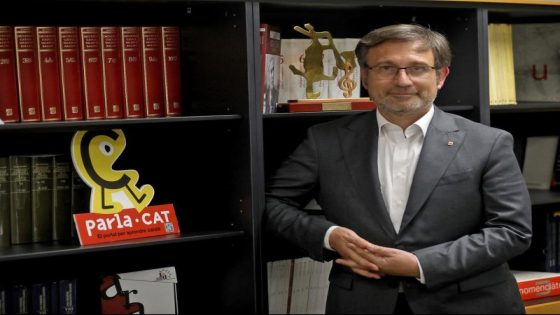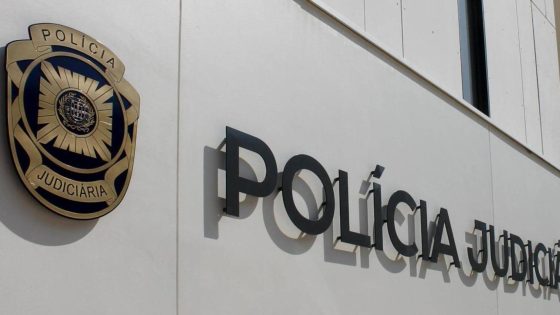Two former caregivers from MPI De Luchtballon in Genk face serious allegations of child abuse. This case, which first emerged a year ago, highlights troubling reports of mistreatment towards vulnerable children with disabilities. As the trial continues, questions arise: how could such incidents happen in a place meant for care?
- Former caregivers accused of child abuse
- Allegations include forced feeding and hitting
- Internal investigation initiated after parent reports
- Defense claims false accusations from a colleague
- Prosecutor seeks two-year suspended sentence
- Verdict scheduled for March 10
Serious Child Abuse Allegations Against Caregivers in Belgium Raise Concerns
The ongoing trial of two caregivers accused of mistreating disabled children has shocked many. How can we ensure that our children are safe in educational settings? Reports indicate that parents noticed alarming changes in their children’s behavior, prompting investigations into the school’s practices.
Impact of Allegations on Families and Educational Institutions
The allegations have created a ripple effect within the community and raised critical discussions about child safety in schools. Parents reported their children experiencing nightmares and behavioral changes, leading them to question the environment at MPI De Luchtballon.
- Parents observed signs of distress in their children.
- An internal investigation was initiated following initial complaints.
- The court heard testimonies both supporting and opposing the accused caregivers.
- The public prosecutor maintains that evidence supports the claims against them.
The Role of Witness Testimonies in Child Abuse Cases
Witness accounts play a crucial role in determining outcomes during trials involving child abuse. In this case, some colleagues defended the accused while others provided damaging testimony about their actions. The conflicting narratives raise questions about reliability and bias—how do we discern truth amidst differing perspectives?
Legal Consequences for Caregivers Accused of Mistreatment
If found guilty, these caregivers could face significant legal repercussions, including up to two years’ imprisonment with conditions barring them from working with children again. The implications extend beyond personal consequences; they challenge how society views accountability within educational institutions.
Community Response to Child Safety Concerns
This situation has ignited conversations among parents and educators alike regarding child welfare standards. Many are now advocating for stricter regulations to protect vulnerable populations within schools. What measures can be implemented to prevent similar situations from occurring again?
This case serves as a stark reminder that vigilance is necessary when it comes to protecting our most vulnerable citizens—our children.
































